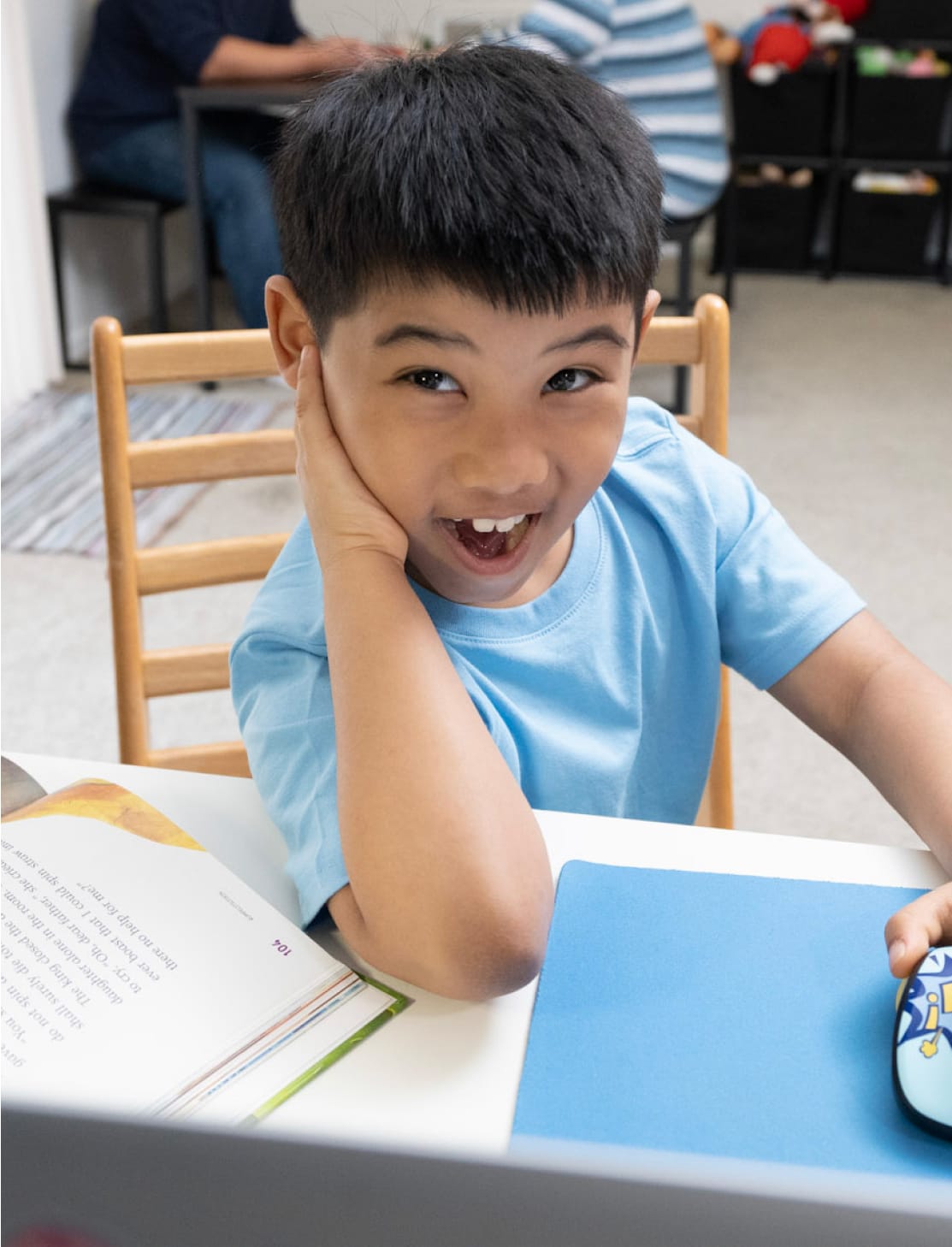Exploring the Perks of Kindergarten Programs: A Comprehensive Overview to Very Early Education And Learning
Preschool programs play a pivotal role fit a kid's early academic experience. They offer an organized environment where young learners can develop important social skills, emotional strength, and cognitive capacities. These foundational skills are important as children move into even more official education. Comprehending just how these programs add to a kid's development reveals much concerning their lasting educational trajectory. What certain benefits do these very early experiences provide, and just how do they influence a kid's future?
The Importance of Social Abilities Development
While several elements of early education and learning concentrate on academic skills, the advancement of social skills in preschool programs is similarly important. Social skills incorporate the capacity to interact efficiently, collaborate with peers, and browse social circumstances, every one of which are crucial for a youngster's total development. In kindergarten, kids find out to share, take turns, and deal with disputes, fostering a sense of community and belonging. These experiences make it possible for young learners to create and develop relationships compassion, preparing for positive partnerships in the future.
Educators play a pivotal role in helping with social skill development with structured tasks and guided interactions. With team tasks and playtime, children practice crucial skills such as listening, bargaining, and understanding diverse perspectives. These communications help youngsters develop confidence and self-confidence, important parts for their scholastic and individual trips. Overall, nurturing social abilities in preschool improves children's experiences and prepares them for the complexities of social life beyond school.

Structure Emotional Resilience in Youthful Learners
Building emotional strength in young students is fundamental to their overall health and success in different aspects of life. Kindergarten programs provide an organized atmosphere where children can learn to browse their emotions efficiently. Through led communications and activities, instructors assist children determine and express their feelings, fostering a feeling of self-awareness.
These programs often consist of techniques for dealing with difficulties, such as problem-solving activities and role-playing circumstances that prepare youngsters for real-life scenarios. By motivating collaboration and compassion, young learners develop solid social connections, which are essential for psychological support.
Educators play a critical duty in modeling resilience by demonstrating just how to manage tension and adversity. As kids observe these actions, they internalize important coping devices, equipping them to manage future psychological problems with better ease. In general, supporting emotional strength in early education and learning lays a strong foundation for long-lasting psychological health and flexibility.
Enhancing Cognitive Capabilities With Structured Learning
As kids participate in structured knowing experiences within preschool programs, their cognitive capacities are significantly boosted. These programs introduce age-appropriate tasks that promote critical reasoning and analytical skills. Hands-on activities such as puzzles and building blocks promote spatial awareness and logical reasoning.
Interactive narration and team conversations foster language advancement, broadening vocabulary and comprehension. Through structured regimens, youngsters find out to comply with directions, improving their executive functioning skills, which are vital for future academic success.
Social interactions within these programs also play a significant duty, as youngsters learn to work together and connect effectively, further increasing cognitive development.
Furthermore, integrating play-based discovering link permits kids to discover ideas in a fun and engaging means, strengthening their understanding and retention of knowledge. Overall, structured understanding in kindergarten lays a solid foundation for cognitive development, preparing children for the obstacles of higher education and learning.
Cultivating a Love for Lifelong Discovering

Additionally, positive communications with peers and teachers add to an atmosphere where learning is viewed as rewarding and delightful. This supportive environment assists infuse inherent inspiration and reinforces the idea that education is a continuous journey rather than a destination.
As kids find their toughness and rate of interests, they are more probable to seek expertise past the class, laying the structure for a long-lasting dedication to discovering. Inevitably, preschool programs play a vital function in forming passionate learners who accept instructional opportunities throughout their lives.
Preparing for Future Academic Success
While foundational skills are critical for very early learners, kindergarten programs likewise play an essential duty in preparing youngsters for future scholastic success. These programs present crucial concepts such as proficiency and numeracy, assuring that kids establish the cognitive capabilities needed for even more sophisticated knowing. By taking part in structured activities, students enhance essential reasoning and analytic abilities, laying a strong foundation for their instructional trip.
Preschool promotes social-emotional development, making it possible for kids to browse collective jobs and develop relationships with peers. This joint environment imparts a sense of belonging and enhances confidence, which is important for academic persistence.
Furthermore, direct exposure to varied understanding experiences in kindergarten cultivates flexibility, gearing up children to tackle numerous topics and challenges in subsequent qualities (Kindergarten). Eventually, by giving a well-rounded very early education and learning, preschool programs guarantee that children are not only prepared for initial grade yet also gotten ready for ongoing academic accomplishment throughout their instructional careers
Often Asked Inquiries
What Age Is Ideal for Starting Kindergarten Programs?
The ideal age for beginning preschool programs is generally between 5 and 6 years of ages. This age permits children to develop necessary social, psychological, and cognitive abilities, preparing them for future scholastic success and personal growth.
How Do I Select the Right Kindergarten Program for My Kid?
To select the appropriate preschool program, one should consider elements such as curriculum, instructor certifications, course dimension, area, and the school's philosophy. Observing the setting and event comments from other parents can likewise be helpful.
Exist Any Type Of State Demands for Kindergarten Enrollment?
Numerous states have particular requirements for kindergarten registration, consisting of age constraints and paperwork such as copyright or proof of residency visit this site (Grade School). Parents ought to consult their local education and learning authority to understand the exact standards in their location
What Should Parents Expect During a Typical Preschool Day?
Throughout a normal kindergarten day, parents can anticipate organized activities including circle time, imaginative play, fundamental academic lessons, snack breaks, and social communication, all created to promote learning and growth in a caring environment.
Just How Can Parents Support Understanding in your home along with Preschool?
Parents can support finding out in your home by taking part in routine reading, including academic video games, developing a consistent regimen, encouraging inquisitiveness with questions, and producing a positive, caring environment that cultivates exploration and creative thinking.
Kindergarten programs play a crucial function in forming a kid's very early academic experience. Preschool programs offer an organized environment where youngsters can learn to browse their emotions successfully. As children involve in structured discovering experiences within kindergarten programs, their cognitive capabilities are substantially enhanced. By appealing youngsters in diverse activities-- such as storytelling, hands-on experiments, and joint projects-- kindergarten programs grow curiosity and exploration. While fundamental abilities are important for very early students, kindergarten programs likewise play a critical function in preparing kids for future scholastic success.